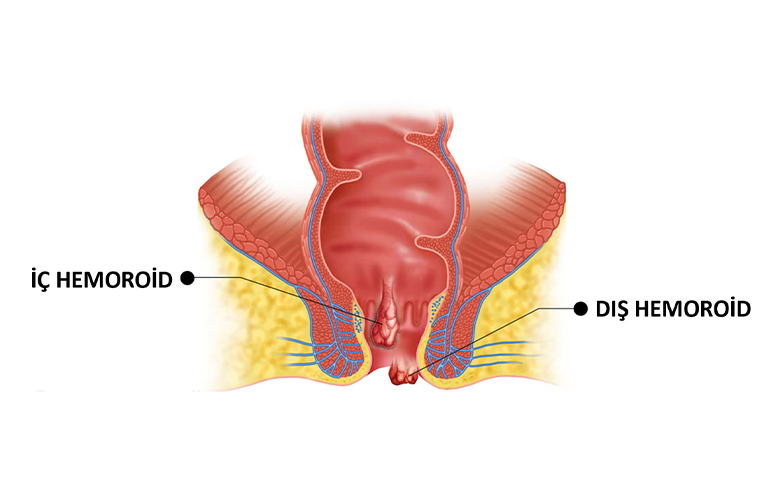Hemorrhoids are categorized into two types: internal and external. Internal hemorrhoids are located inside the rectum and are typically not visible or painful, but they can bleed when irritated. External hemorrhoids occur under the skin around the anus and can be seen and felt; these may cause pain, especially when sitting, and can bleed if they rupture.
The symptoms of hemorrhoids vary depending on the type and severity but commonly include:
Bleeding: Painless bleeding during bowel movements, noticing small amounts of bright red blood on your toilet tissue or in the toilet.
Itching or Irritation: In the anal region, especially with external hemorrhoids.
Pain and Discomfort: Generally associated with external hemorrhoids, especially when sitting or during bowel movements.
Swelling: Around the anus, where external hemorrhoids can be felt as lumps.
Treatment options for hemorrhoids range from home remedies to medical procedures, depending on their severity:
Home Remedies: Increasing fiber intake, taking warm baths, and using over-the-counter creams or ointments can relieve mild discomfort and swelling.
Medications: Over-the-counter pain relievers, hydrocortisone creams, and pads containing witch hazel or a numbing agent can provide relief.
Minimally Invasive Procedures: For persistent or severe hemorrhoids, treatments such as rubber band ligation, sclerotherapy, or infrared coagulation may be recommended.
Surgical Procedures: In severe cases, procedures like hemorrhoidectomy (removal of hemorrhoids) or hemorrhoid stapling may be necessary.
Turkey is renowned for its advanced medical care and has become a popular destination for patients seeking hemorrhoids treatment due to its high-quality services at affordable prices. Here’s what to consider:
Quality of Care: Many Turkish clinics and hospitals are equipped with state-of-the-art technology and are staffed by experienced physicians.
Cost-Effectiveness: The cost of hemorrhoid treatments in Turkey is typically lower than in many Western countries, making it a cost-effective option for both local and international patients.
Comprehensive Care Packages: Several medical facilities offer packages that include initial consultation, treatment procedure, and follow-up care. Some packages might also include accommodations and translation services for international patients.
Experienced Specialists: Turkey’s medical professionals are well-trained and often have extensive experience in both non-surgical and surgical treatments for hemorrhoids.
Patients considering traveling to Turkey for hemorrhoids treatment should research and choose accredited medical facilities. They should also look for testimonials from previous patients to ensure they are making an informed decision. It’s advisable to consult with healthcare providers both in their home country and in Turkey to discuss the best treatment plan based on their specific condition.
